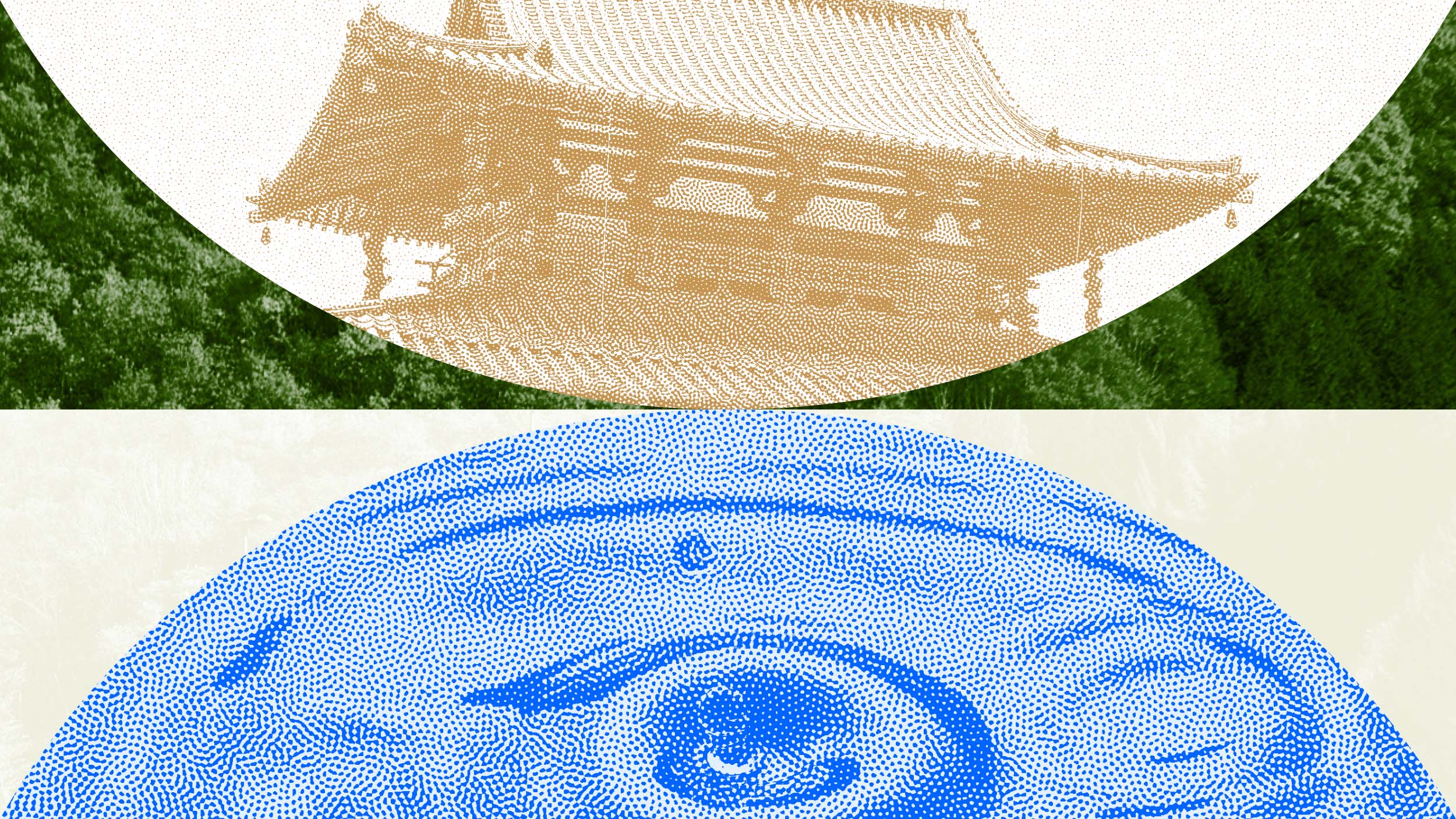Mark Tercek: We're doing a lot at the Nature Conservancy to tell the story of why nature is so vitally important for humankind. We're the biggest conservation organization in the world, so we feel obliged to lead the charge. The conservancy used to have a motto of “Quietly conserving nature." That's an admirable quality, I think, being quiet about your good work, but I think today the stakes are too high. So we're trying to tell our story more forcefully.
We think the best way to do that, generally, is to show folks how nature can work for them. Here's one example: in Quito, Ecuador, town leaders were contemplating building a new water filtration plant - so an expensive investment in capital equipment to clean water for drinking water. And our local team said, "You know there's a cheaper way to secure clean water: upstream conservation." Now the upstream area that we wanted to protect, the water shed, the Nature Conservancy would have wanted to protect in any case. It's the bio condo reserve of Ecuador, a really precious habitat to protect. But in this case, we were focused very specifically on investing in order to keep water clean. So the intervention was to change some practices in ranching and agriculture. Money was distributed to local people who are clearing land or who were letting their cattle get too close to the river. And it worked. It kept the water clean, and, low and behold, now today all of the citizens of Quito, when they pay their water fee, some small part of the fee goes for upstream conservation. It's not organized as an environmental initiative; it's organized as a lower cost way to secure clean water.
But some powerful things happen. People then become aware of that fee. They understand - they didn't build a filtration plant, but instead they're investing in nature. And it's kind of an aha moment. People say, "I get it. Taking care of nature is not just a nice thing to do; it actually provides very practical dividends, in this case, clean water." And that idea is so elegant, we now have almost 30 of these "water funds," we call them, across Latin America, impacting some 50 million people. That kind of initiative and talking about it, I think, helps people understand - nature is really a source of infrastructure, if you will, green infrastructure, that produces practical things that people need. That's not the only reason to save nature, but that's one very good one.
Directed / Produced by
Jonathan Fowler & Elizabeth Rodd
Mark Tercek is president and CEO of The Nature Conservancy, the world’s leading conservation organization working around the world to save the lands and waters that sustain all life. The[…]
▸
2 min
—
with
Related
Philosopher and author Christopher DiCarlo outlines the key areas where AI continues to reshape the labor landscape.
An approach based on collaboration and empathy can place “connection with people” at the heart of AI’s purpose.
Temple Grandin’s story reveals how embracing neurodiversity can lead to groundbreaking innovations and more successful teams.
Playing the long game in Japan is about creating something so enduring that it becomes timeless.
Welcome to The Nightcrawler — a weekly newsletter from Eric Markowitz covering tech, innovation, and long-term thinking.





